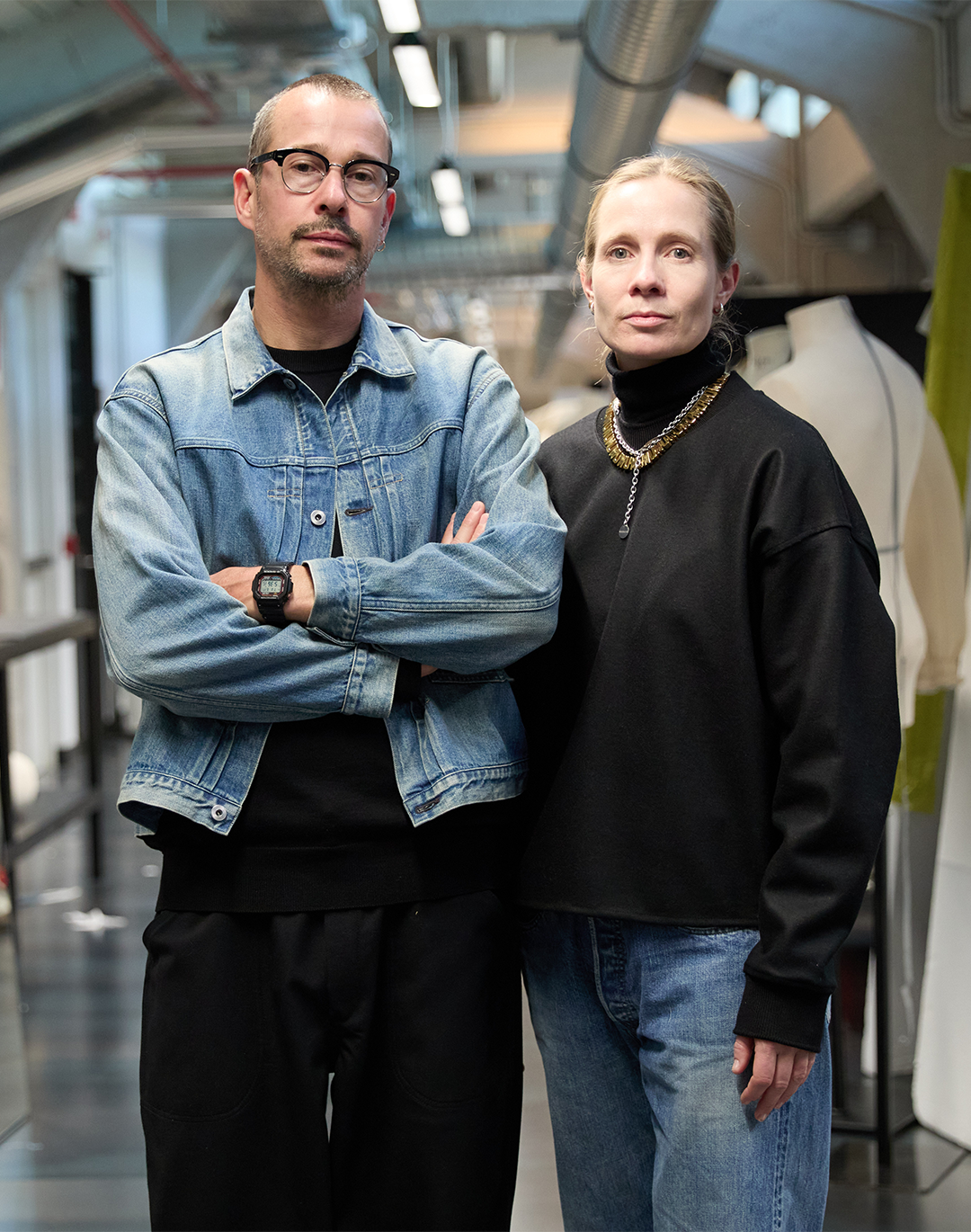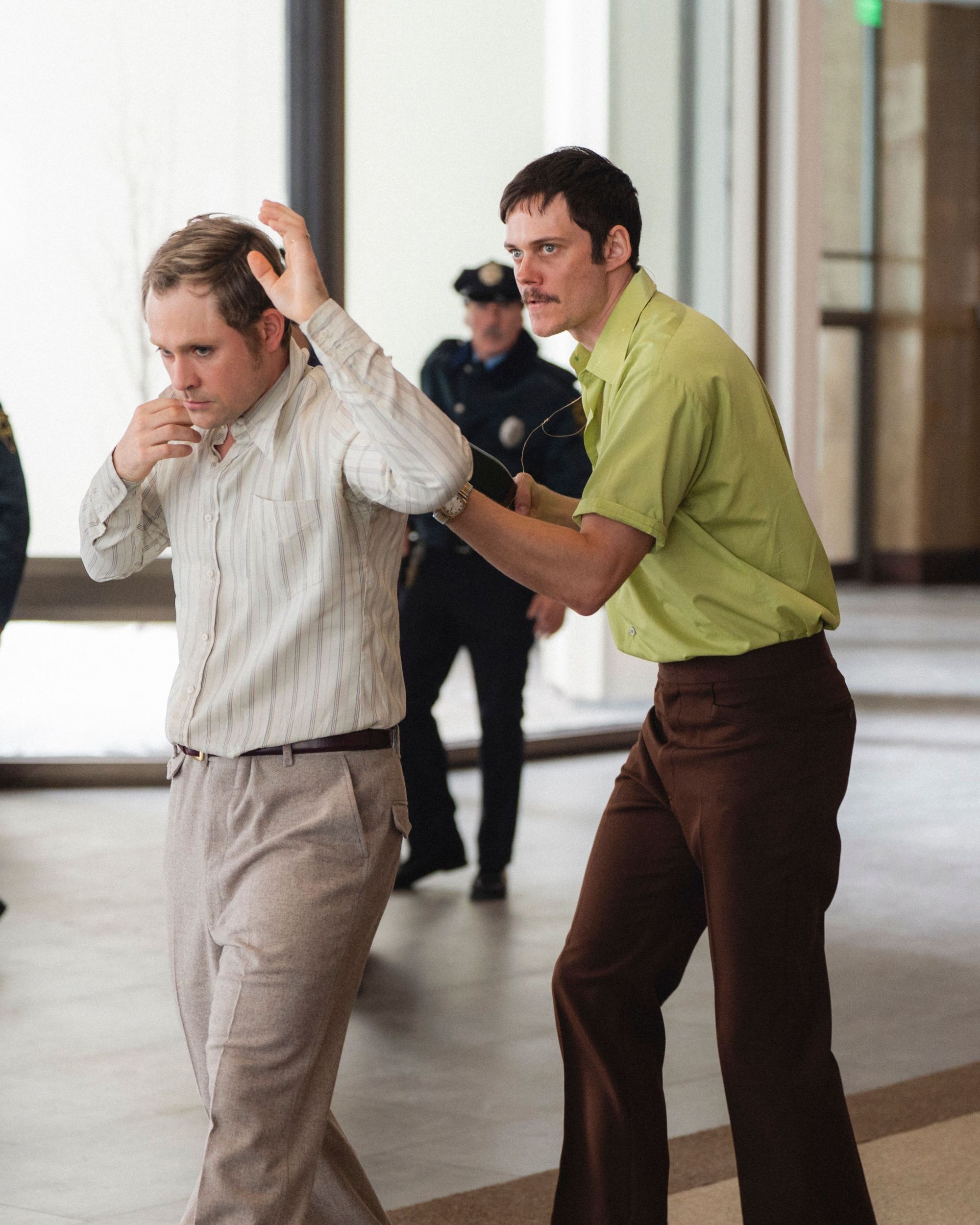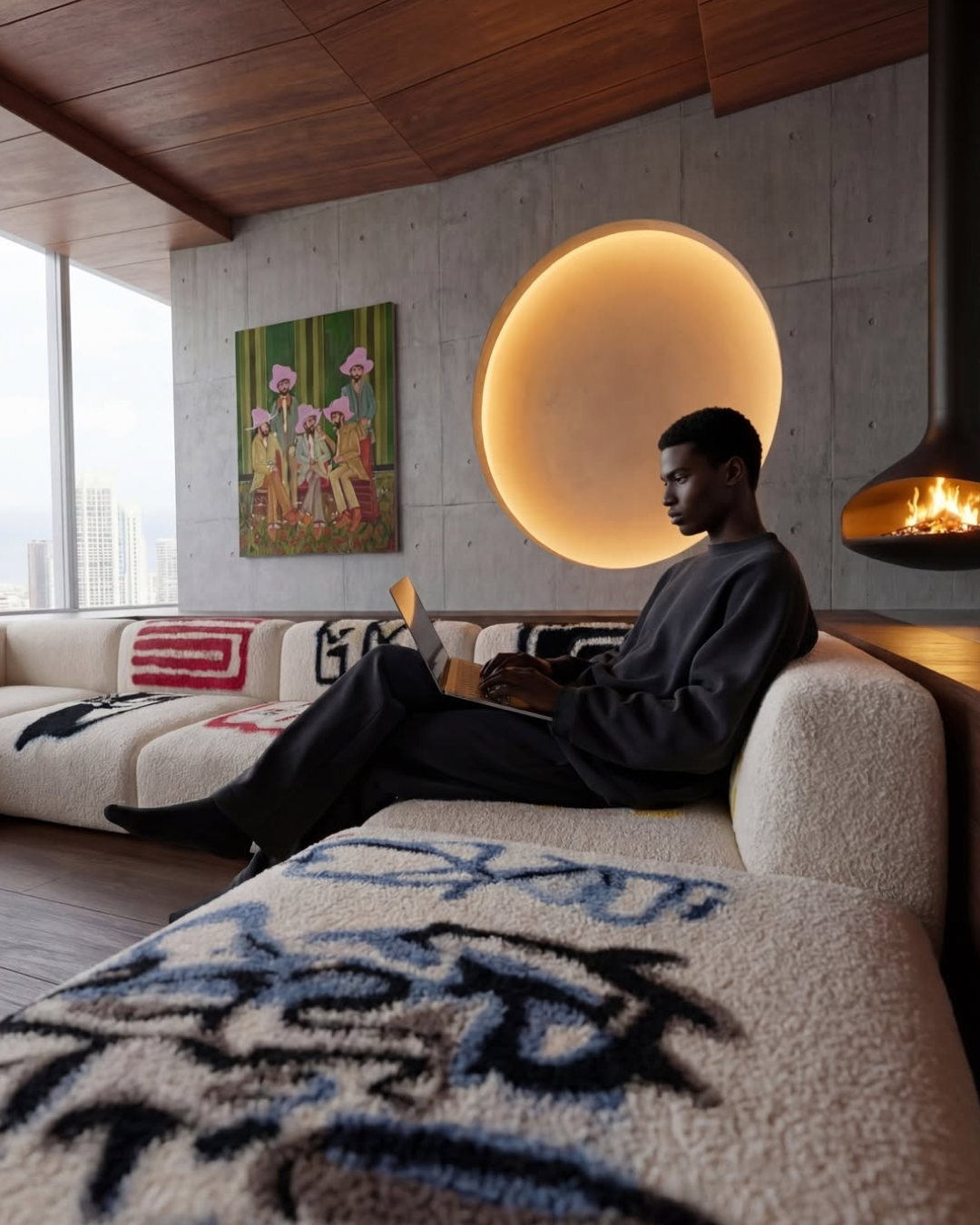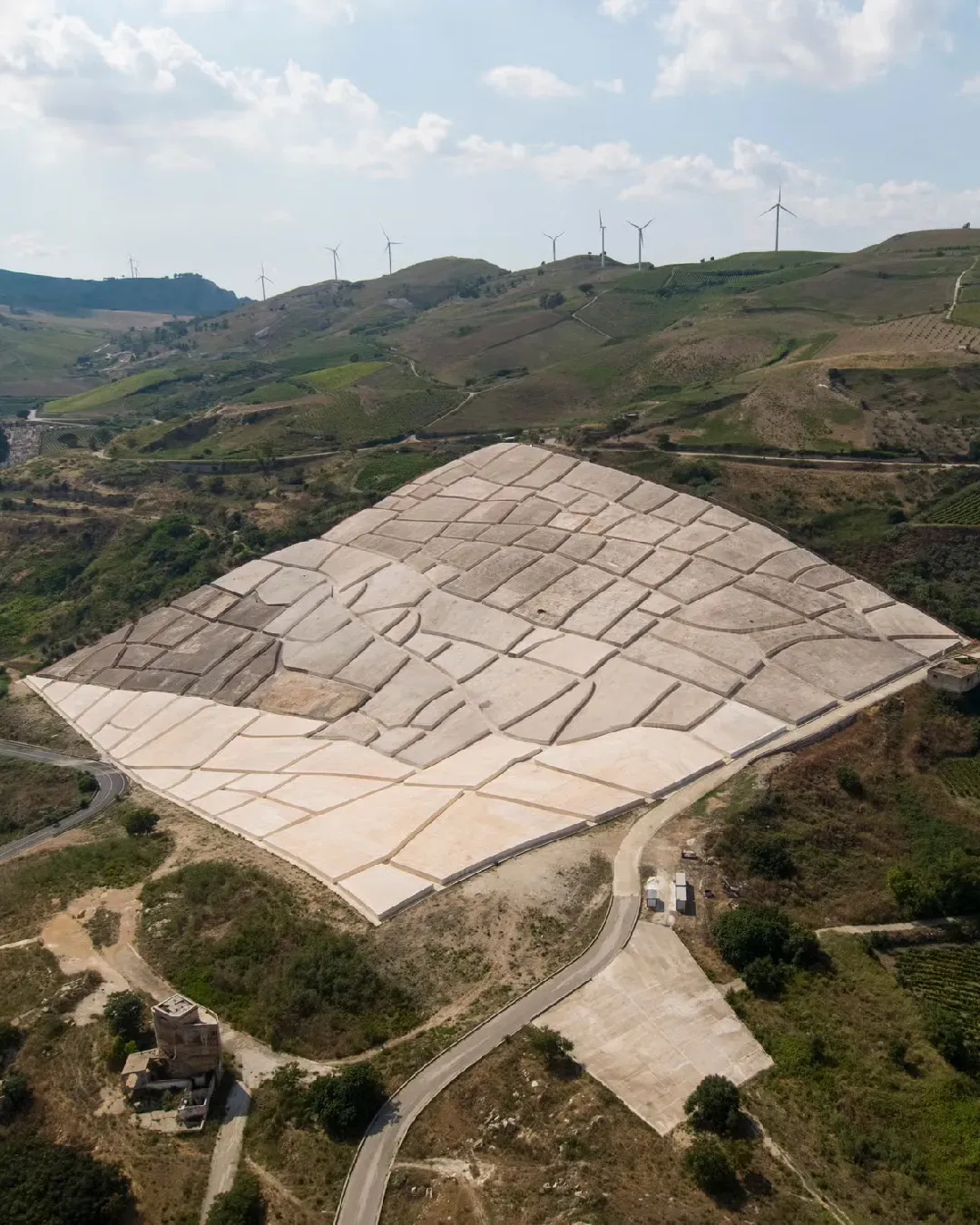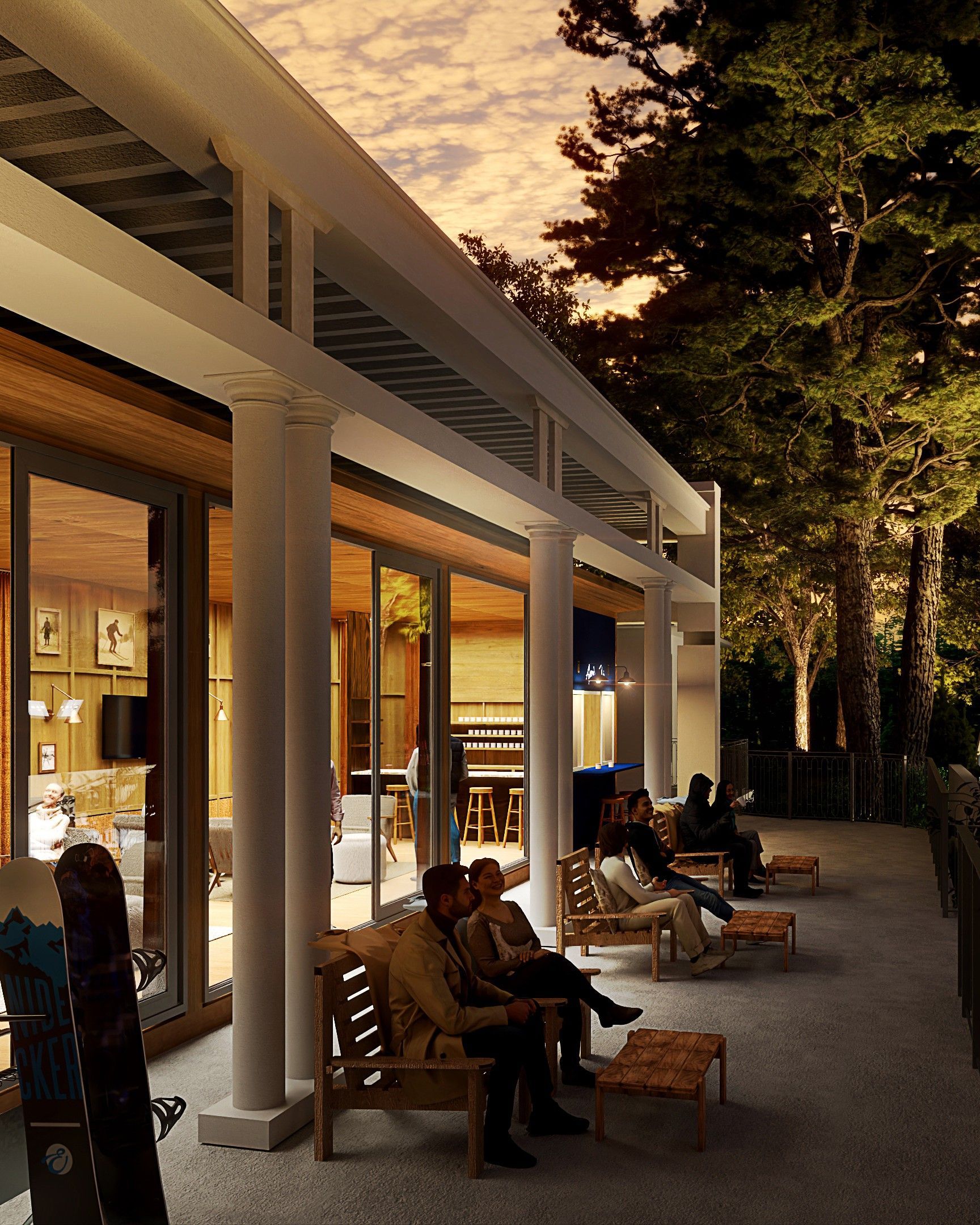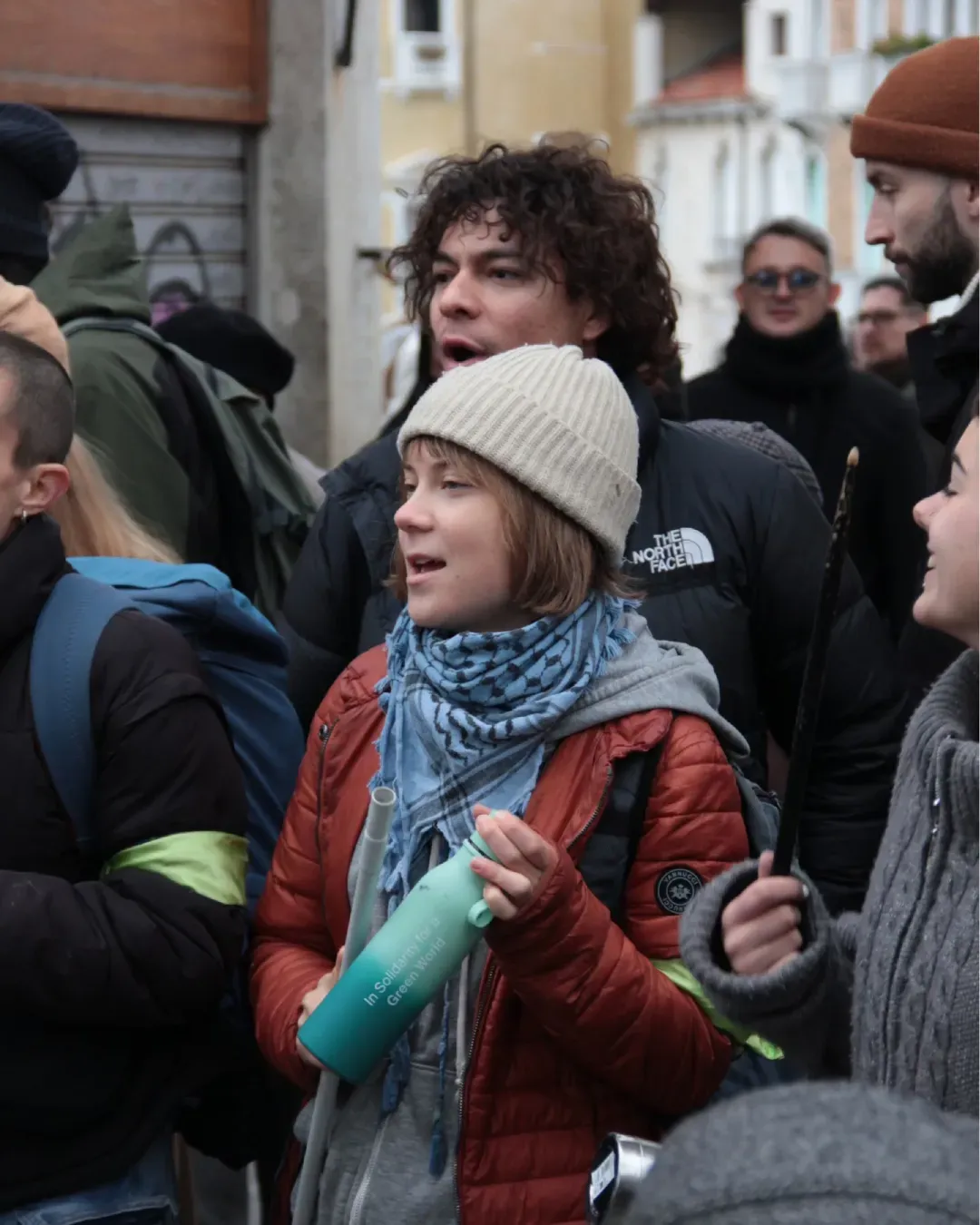
In Venice, residents fight overtourism with occupation The housing crisis in Italy between vacant houses and short rentals
Is it right to occupy vacant homes when thousands of houses have been empty for decades? A question that finds no answer in politics, but in reality. The housing crisis has been one of the major issues in many Italian cities for years, dividing public opinion: on one side, housing movements, activists, and scholars argue that the emergency has become chronic due to the lack of adequate public policies, making the occupation of vacant properties acceptable in the name of the right to housing; on the other side, politics appeals to the law and downgrades this act of survival and resistance to a mere infraction. The numbers speak clearly: in Milan, there are more than 100,000 vacant apartments, including over 16,000 empty public housing units. According to Il Sole 24 Ore, «for every home intended for short-term rentals, there are two that owners prefer to leave empty». According to Marco Celani, president of Aigab (Italian Association of Short-Term Rental Managers), the cause of this phenomenon is not linked to short-term rentals, which are often blamed for contributing to the housing crisis: «Out of a total of about 809,000 homes [...] the Milanese properties available for short-term rentals amount to 18,250 units, equal to 2.2% of the total».
However, short-term rentals are just a part of a broader phenomenon: overtourism. In Italy’s main tourist cities, property owners prefer renting out their homes short-term through platforms like Airbnb rather than opting for long-term contracts, with significant consequences for residents. Venice is perhaps the most emblematic example. Unlike Milan, where, according to Aigab, «it is incorrect to say that short-term rentals cause city or neighborhood depopulation», the Venetian capital has lost 125,000 residents since 1950, and «as of April 2024, the resident population has dropped below 49,000, while accredited tourist beds have exceeded the 50,000 threshold». This was revealed in an investigation by Vd News, which highlights the unsettling side of overtourism but also a form of resistance that attempts to compensate for political shortcomings: the occupation of vacant homes. «We occupy because we have no alternatives, because there is a completely vacant public housing stock [...] and we are committed to doing it in the best possible way», says a representative of ASC (Social Assembly for Housing), a movement that helps struggling Venetian citizens find housing. The occupations are carried out publicly, identifying apartments abandoned for years and in a dilapidated state, then renovating them and making them habitable again through recovery projects. The occupiers interviewed by Vd News state that they pay the bills and contribute a symbolic rent to ATER (Territorial Agency for Residential Housing of the Province of Venice).
@luciandanciu OVERTOURISM IN VENICE, 16 february 2025 #carnivalevenezia2025 #casanova300 #venice2025 #venice #italy original sound - Gazella Venice Photographer
The municipal councils of the most popular cities have been trying to curb overtourism for some time with various deterrent measures. In Florence, the ban on keyboxes and golf carts in the historic center were recently introduced, while in Venice, the entry ticket and restricted access days to the city have already passed the experimental phase and are now standard practice. But for Venetians, as well as for Florentines, the problem remains, and the housing issue continues to be one of the most severe emergencies. And while politics stalls, the city changes its face: those who can afford it stay, those who cannot resist.

